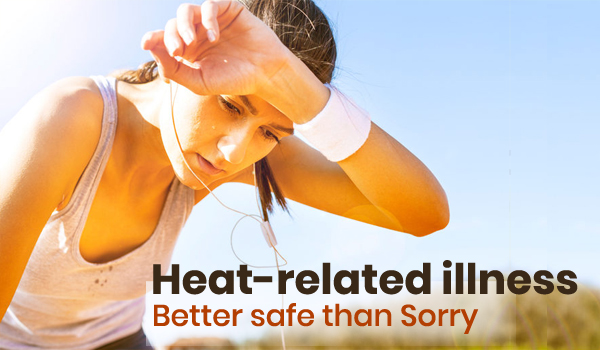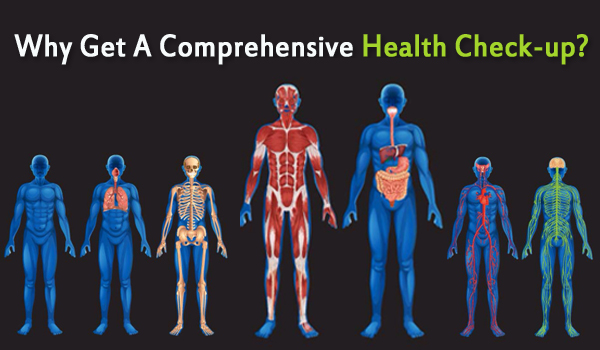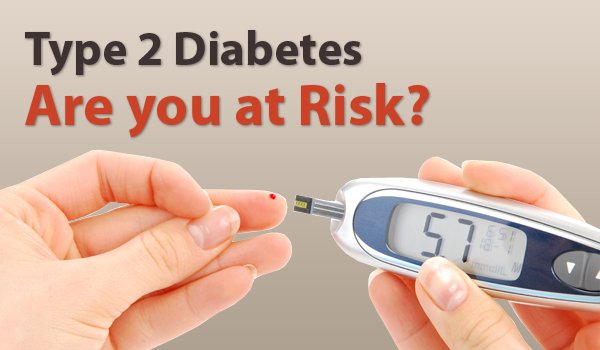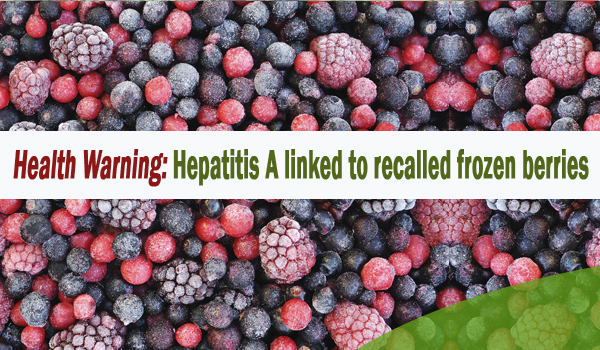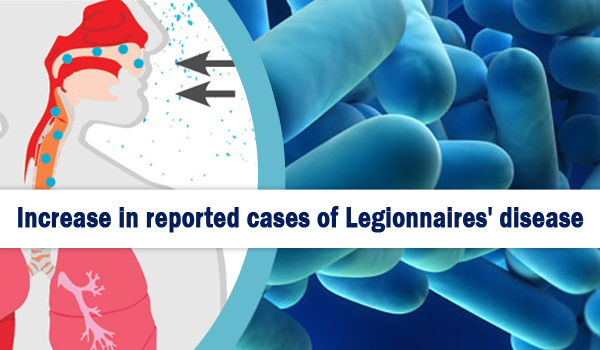Extreme heat can affect anybody. Those most at risk are older people, young children and people with a medical condition.
Heat stress occurs when our body is unable to cool itself enough to maintain a healthy temperature. Normally, the body cools itself by sweating, but sometimes sweating isn’t enough and the body temperature keeps rising.
Heat-related illness can range from mild conditions such as a rash, heat exhaustion or cramps to very serious conditions such as heatstroke, which can kill. Heatstroke is fatal in up to 80% of cases.
Overexertion in hot weather, sun or bushfire exposure, and exercising or working in hot, poorly ventilated or confined areas can increase your risk of heat stress.
Heat can also worsen the condition of someone who already has a medical issue such as heart disease or diabetes. Most reported illness and death is due to the effect of heat on those who are already ill.
If you or someone you know is unwell call NURSE-ON-CALL on 1300 60 60 24 for 24-hour health advice or see your doctor.
In an emergency, call 000.
Know the symptoms of heat-related illness
Dizziness and fainting
Treatment for dizziness or fainting includes:
- Get the person to a cool area and lay them down.
- If fully conscious, increase fluid intake.
Heat rash
Treatment for heat rash includes:
- Move the person to a cooler, less humid environment.
- Keep the affected area dry.
- Try using unperfumed talcum powder to increase comfort.
- Avoid using ointments or creams, as they keep the skin warm and moist, and may make the condition worse.
Heat Cramp
Symptoms
- Muscle pains
- Spasms in the abdomen, arms or legs
What to do
- Stop activity and sit quietly in a cool place
- Drink cool water and increase fluid intake
- Rest a few hours before returning to activity
- See a doctor if cramps persist
Heat Exhaustion
Symptoms
- Pale complexion and sweating
- Rapid heart rate
- Muscle cramps, weakness
- Dizziness, headache
- Nausea, vomiting
- Fainting
What to do
- Go to a cool area and lie down
- Fan if possible.
- Increase fluid intake if they are fully conscious.
- Drink cool water if not vomiting
- Remove outer clothing
- Wet skin with cool water or wet cloths
- See a doctor
Heat stroke is a life-threatening emergency – call 000
Symptoms
- Same symptoms as heat exhaustion except sweating stops
- Mental condition worsens, confusion
- Seizure
- Stroke-like symptoms or collapsing
- Unconsciousness
What to do
- Call an ambulance – phone 000
- Get the person to a cool area and lay them down
- Remove clothing
- Wet skin with water, fanning continuously
- Do not give the person fluids to drink.
- Position an unconscious person on their side and clear their airway.
- If medical attention is delayed, seek further instructions from ambulance or hospital emergency staff.
https://www.betterhealth.vic.gov.au/campaigns/survive-the-heat#helpothers
https://www.betterhealth.vic.gov.au/health/healthyliving/heat-stress-and-heat-related-illness

